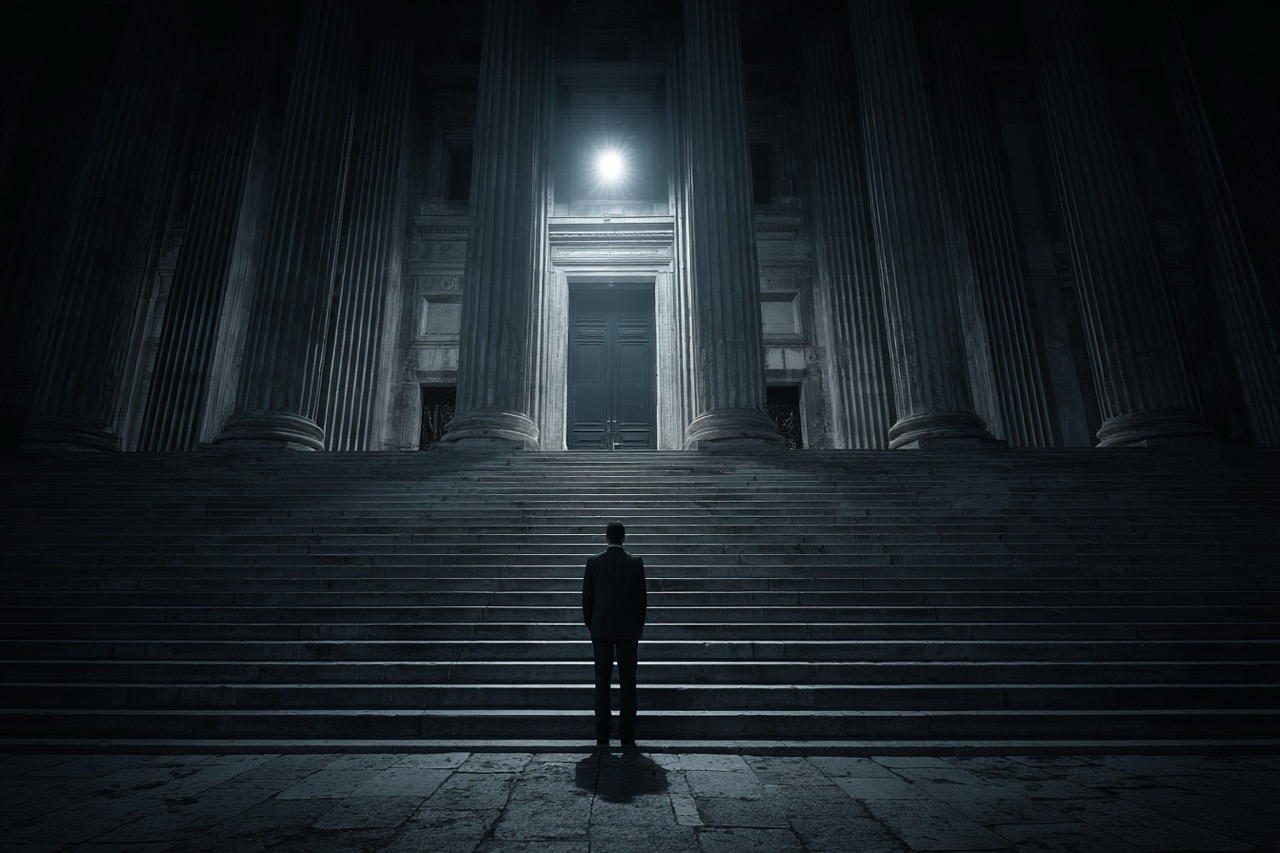Goodwill is property: Kenya's Courts say so

The law has in recent past been called upon to recognise that not all value is visible. Some forms of property do not sit on a title deed or balance sheet, they linger in the mind, in reputation, in trust. The Kenyan Courts have now confirmed what many in business have always known: goodwill is property, and it is constitutionally protected.
So, what is goodwill? It is the extra value a business has beyond just its physical things like buildings, equipment, or stock. Imagine you are buying a shop. You look at all the things it owns: shelves, fridges, products and say, “This is all worth Kshs. 1 million.” But the shop is so popular, has loyal customers, a great brand, and smart staff, that the seller says, “You will need to pay Kshs.1.3 million.” That extra Kshs. 300,000 you pay is called goodwill. It represents the reputation, customer loyalty, brand name, and overall business success that makes the business worth more than just its parts.
Lord Macnaghten defined goodwill in the case of Commissioner of Inland Revenue Vs Muller & Co. Margarine Ltd. [1900-1903] All ER 413 as follows: “It is the benefit and advantage of the good name, reputation, and connection of a business. It is the attractive force which brings in customers. It is the one thing which distinguishes an old established business from a business at its first start.”
The first signal came in Bia Tosha Distributors Ltd v Kenya Breweries Ltd & Others [2023]. Bia Tosha had paid over Kshs 30 million for beer distribution routes, payments described as “goodwill” only for Kenya Breweries to later reclaim the territories and refuse a refund. The dispute, initially framed as a commercial matter, took a constitutional turn when Bia Tosha argued that the goodwill payments had created proprietary rights over the routes.
The High Court agreed, holding that whether goodwill qualifies as “property” under Article 40 was a matter of constitutional interpretation, not contract. The Court of Appeal disagreed and redirected the case to arbitration. But the Supreme Court corrected course, ruling that constitutional disputes cannot be ousted by arbitration clauses. It restored conservatory orders protecting the routes and remitted the petition for a full hearing thus opening the door for goodwill to be treated not just as a business expectation, but as a possible constitutional asset.
That door swung open wider in Heineken East Africa Import Co. Ltd & Another v Maxam Ltd [2024]. Here, the Court of Appeal upheld an award of Kshs 1.8 billion to Maxam, an exclusive beer distributor whose agreement had been abruptly terminated. The court held that Maxam’s investments in infrastructure, branding, and market development had created “irrebuttable goodwill,” which survived contract expiry and could not be extinguished by the manufacturer’s whim. Goodwill, it ruled, was property not just in principle, but in practice.
The court tied this recognition to Article 10 of the Constitution, invoking fairness, human dignity, and equity. Exclusive distributorships, it reasoned, often reflect structural inequalities between multinationals and local distributors. The law must therefore step in where power imbalances allow property to be created and then casually destroyed.
By the time the Supreme Court delivered its decision in Jovet (Kenya) Ltd v Bavaria NV [2025], the question was no longer whether goodwill could be protected under the Constitution, but under what circumstances. Jovet too claimed to have built Bavaria’s market presence in Kenya through warehouses, marketing, and boots-on-the-ground distribution only to be abruptly cut off, without a contract and without compensation. Central to its case was the argument that it had created substantial goodwill for Bavaria, and that this goodwill was property deserving of protection under Article 40 of the Constitution.
The Court agreed, in part. It held that goodwill, when identifiable and measurable, qualifies as “property of any description” under Article 40. It may be intangible, but it is real. It can be valued, taxed, sold, or inherited. More importantly, its arbitrary deprivation can trigger constitutional scrutiny. However, Jovet lost the case for want of proof. It could not demonstrate how much goodwill existed, how it was valued, or how Bavaria was responsible for its loss.. While the Court found no direct contract and ultimately declined to award relief, it affirmed that goodwill, once proven and measurable, qualifies as intangible property under Article 40.
Three cases. One clear trajectory. Kenyan courts have moved towards a doctrine where goodwill is no longer a polite business fiction, but a real, enforceable, constitutional interest. Goodwill, however, is not presumed. Its existence must be quantified, and its loss linked to a legal wrong.
Significance of this development.
Businesses now can now claim legal protection for the value they create through brand-building and market investments. If you have spent years growing someone else’s product in your region, the law now sees that effort as your property. You can no longer be pushed aside without recourse.


